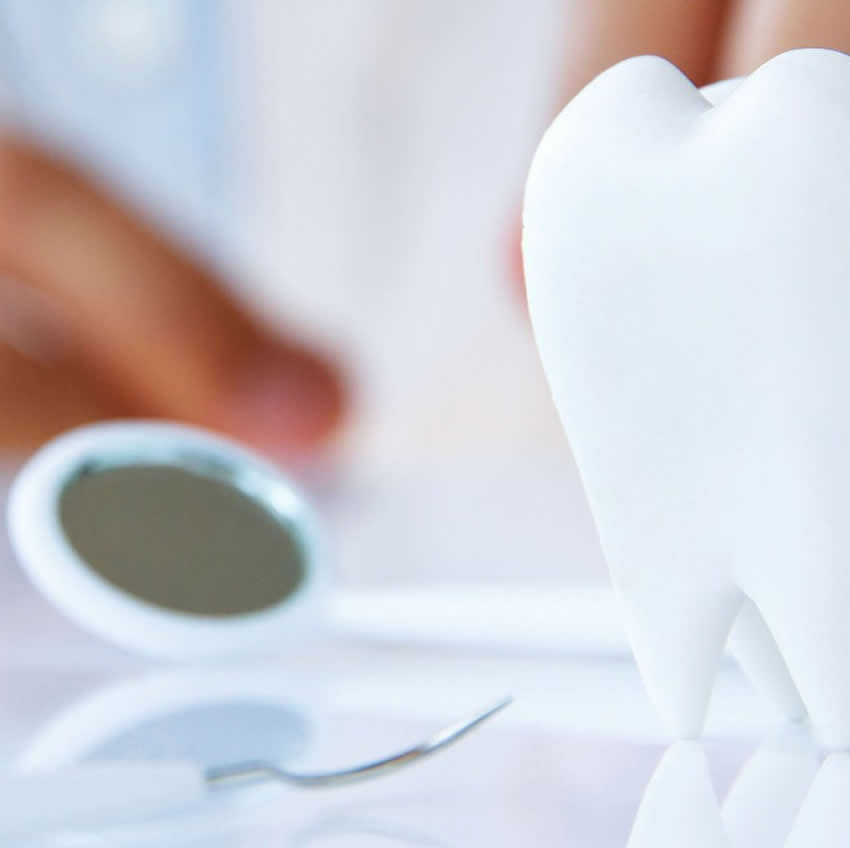Visiting an adult braces dentist is one of the wisest decisions any individual suffering from oral health issues can ever make. It’s a foolproof way of getting your teeth and jaw aligned, ending up with the best smile, and basking in the euphoria of oral comfort. While it may be pricey like the services of a root canal dentist, it’s a shot worth taking if you’re not happy with the state of your dentition.
There are several reasons you might want to consider visiting an orthodontist or a dentist near Cleveland, and they include misaligned or crooked teeth, irregular mouth size, oral aesthetics, etc. Whichever it is, seeking the help of an adult braces dentist won’t only get your dentition in shape, but it will also fill you with any confidence you might have lost due to the situation.
As effective as braces are when it comes to dental care, fixing them doesn’t come without discomfort. The fact that they’re foreign materials attached to the oral part of the human body makes them capable of inflicting pain on the wearer.
If you recently got yours, it’s perfectly normal to feel some pains for the first few days or weeks before getting accustomed to it. However, during this period, there’re helpful tips you can adopt to get comfortable with the new situation and minimize the pain that comes with it. We’ll be examining some of them below.
1. Adopt the Use of Pain Relievers to Subdue Pain
Braces are alien to the human body, whether they get fixed by a dentist in Alexandria Hills or an orthodontist in Redland Bay. When they come in contact with a part as sensitive as the mouth, your body will need to go through an adaptation phase, which might take some time.
Since your teeth and gums aren’t familiar with having a wire pressed against them, the first few days will see an increase in blood flow to the areas surrounding them, bringing about inflammations and pain. But, with time, this phase will pass, and your body, gum, and teeth will adjust.
However, before your body adapts, consider adopting pain relievers to suppress the pain that might come with the inflammation. They’ll help reduce the intensity and make your body more comfortable with the situation.
2. Only Consume Soft Foods
Having only barely gotten your braces fixed, you don’t want to introduce your mouth to thick food substances just yet. You want to be as gentle as possible about things to minimize pain and inflammations. As your mouth works on adjusting to the dynamics of having a new piece of equipment attached to it, you need to go easy on yourself, and one of the ways to do that is by eating soft foods.
Hard foods are difficult to chew, and with new developments taking place in your mouth, it’ll struggle to break down thick food substances, which might bring about soreness in the gums. To avoid this, stick to soft foods like soup, mashed potatoes, rice, etc.
3. Use a Toothbrush with Soft Bristles
Like the one before it, this tip emphasizes the significance of being gentle with your body, especially when it comes to the mouth area. The fact that you recently had braces attached to your teeth doesn’t mean you won’t brush. It’s a task you’ve got to take up often, now more than ever, to get rid of food particles that get stuck in the wires and brackets.
You’ve got to keep everywhere clean using a soft bristle toothbrush to avoid an infection. Using one with thick bristles will only bring you pain.
Conclusion
Until recently, braces came associated with children and adolescents, with many kids growing up with wires and brackets affixed to their teeth for excellent oral health. This misconception has since been overruled, with a significant proportion of orthodontics ending up being adults.
If you’re suffering from dental complications arising from maligned or crooked teeth or interested in boosting your oral aesthetics, consult an adult braces dentist as they’re in the best position to help.

